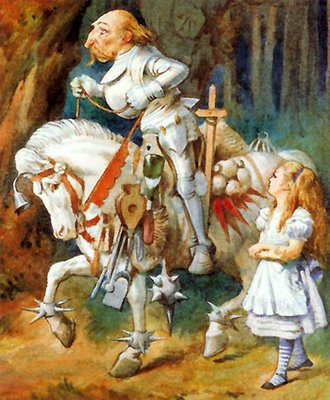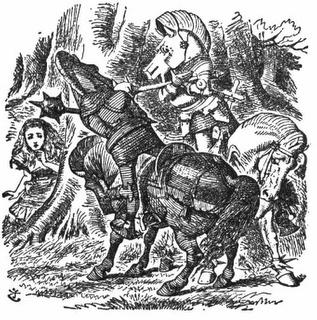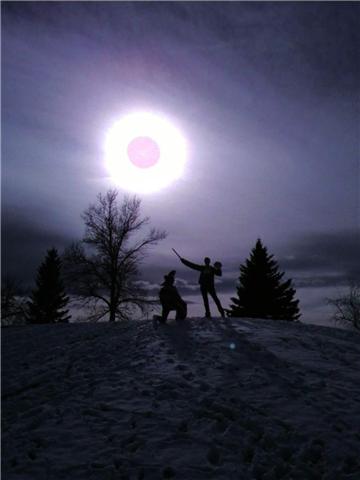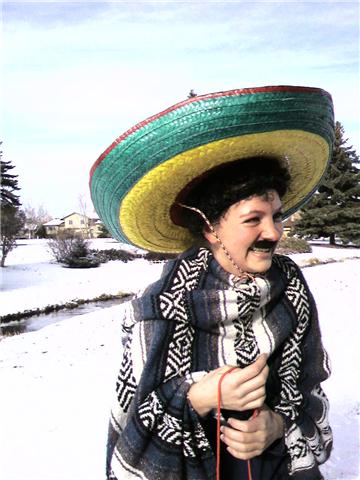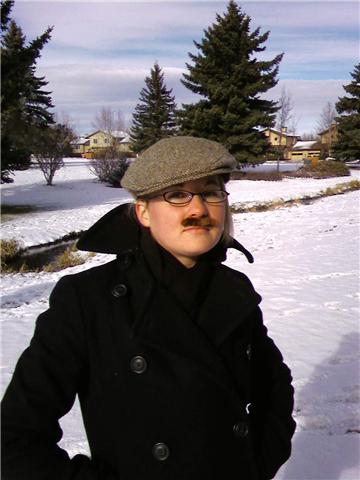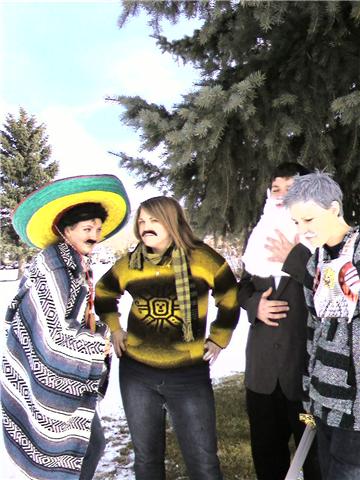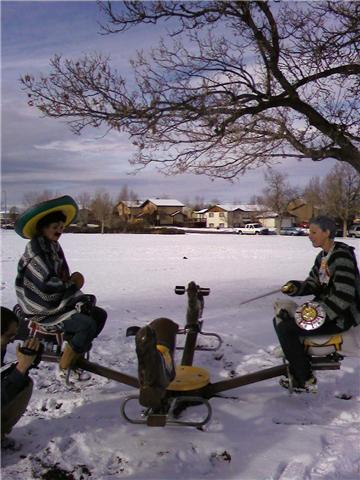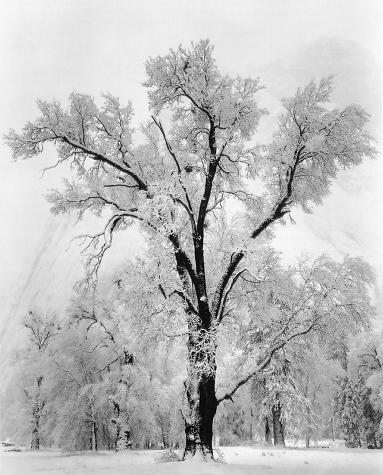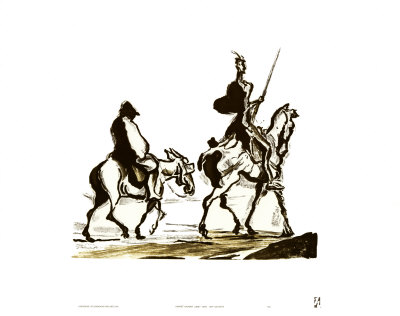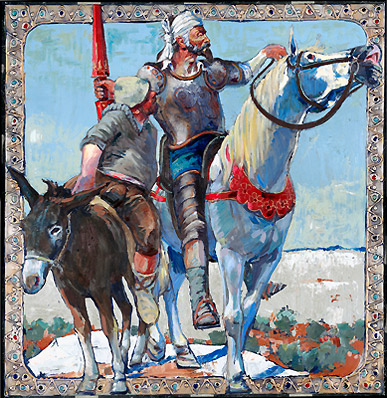So many stories, so little time
Since December started I’ve been living in the world of Ferraro’s more than I’d like. With the holidays come business dinner parties and other fun Christmas excursions. The other night we had a lady call an hour before her reservation and tell us that twice as many people might show up; sure enough, what was a 50 top turned out to be almost 90 people. Because of all this redundant cooking my blogs have sagged. So many thoughts, so little time. As I progress through college I find myself more involved and passionate about my academic life than my ‘real job.’ Alas, what is a job? A book in the bible? Get a job. I would almost always rather do my schoolwork than work. Why does it all have to be work? After a stint of working a job I find myself yearning to indulge in some literature, art, or sport: any sort of exertion that I can explore at the circumference, as I’ve learned many of my classmates enjoy too, judging from all the excellent apologies. At work it’s life at the center, telling me what and how to cook it. I shouldn’t bitch too much; we do get to be creative with specials sometimes. But literature; with literature the freedom abounds, and the imagination soars.
Friends and I joke on good pow days that skiing should be illegal. It’s too much fun. So is literature and art. And think of how awful it would be if literature and art were illegal. I know it’s far-fetched but we’re at the circumference… why does that metaphor work so well? Frye!.!.!.
My mother’s passion for literature finally germinated within me over the last few years. Now all I need to do is cultivate it as much as possible. She has a master’s degree in library science and more children’s books in her basement than my dad would like. Anyways, this blog post actually pertains more to 304. I felt my 304 blog was incomplete on the final day – which I of course was working on, damn job affecting my education. So there may be a few kid lit blogs throughout my last 300 ones, but tangents are fun…
- Six -
On an April 20ith (you pick the year) before breakfast a boy started dreaming about a girl, at least he thought he was dreaming. The beginning was hazy, there were rows and rows of small lights stacked 3, 5, and 7 high. The lights were on each side of the portal that resembled a hallway. The girl, nearly out of sight, walked and walked. She appeared to float, hovering forward with no movement of her legs. After a lengthy stint of walking the boy noticed the lights growing dim and a faint outline of a door ahead. The girl reached it first, opened it and rushed through. The glimpse of a landscape beyond was soothing and the boy increased his step. But the lights all-of-the-sudden grew brighter and the door shot away becoming a spek on the horizon, a mini atlas. The boy stopped for a sec and shook his head to make certain his sight was sure; he had moved backwards or the door had moved forwards. Either way the distance was twice as long as it had been. The boy began his steps again.
Another shift of distance didn’t happen. When the boy opened the door the rush of cool wind smacked his face and he smiled. There were mountains in the distance. The clouds broke around them and slid along faster than any the boy had witnessed before. He was on a grassy hillside. After turning around, looking down the lighted hallway one last time he closed the door and surveyed the landscape for the girl. She was not in sight so he walked down the hill into the trees.
The trees were shady and cool, spaced nicely an average of five feet apart. The leaves underneath the boy’s feet crunched, which he smiled about. One leaf contained thousands of colors, some he’d never seen before. He reached a small clearing in the glade. Sitting on a stump was a raccoon chewing on a twig. It looked up and said,
“I’m running late but I’ll show you the way to town. It’s a rather odd path but you may enjoy some of the scenery. My name’s Trisarica, hurry up, time’s a ticking, follow me!”
The boy replied, “Ok, thank you.” And humbly followed, now positive he was dreaming since animals usually don’t talk.
“We can find some berries and roots to eat on our way. I know where there’s a tasty berry patch.” Trisarica said as they exited the clearing.
After a quick snack Trisarica said she found the trial and around the bend, tucked in a cavernous puncture in the mountainside the first notable bit of scenery presented itself. In the half-cave, three human type creatures were busy scribbling on the walls with rocks. One of them was clearly in charge and stopped grunting when the boy and Trisarica walked by. No sounds were exchanged but glances certainly were. The boy tried to look as happy and harmless as possible because the beast-people seemed so real he felt they could attack and harm him even if it was a dream.
Trisarica shuffled on, zigzagging through trees, over cricks, and through fields. In a grove of aspen trees the boy noticed a gang of monkeys all wearing an identical leaf in their fur. The monkeys were also shuffling about, some on two legs for extended periods of time, using their hands to stack sticks into a measly building. With the slightest weight applied from any monkey the stick building collapsed but the foundation had started.
“It’s been a long time since I’ve been to town,” remarked Trisarica, “I headed to the mountains for some peace and quiet, where order is natural.” She plodded along at her coon pace. The boy had decided the raccoon was a girl because she talked so much. But he liked her voice and was eager to listen to anything about this world. And she reminded him of the girl he was initially trying to catch, a girl he didn’t’ know or did, in his dreams.
All of the sudden the town came into view at the end of the mountain. Tall towers breathed enormous breathes of filthy fumes. The noise escalated with each step as the boy and Trisarica neared the town.
“Hurry up, I’m back on schedule now that we’ve arrived. I’ll leave you at the limits of the town and you can peruse at your pleasure.” She scurried on; her human-like front paws, with five fingers, scraping on random rocks.
When they reached the town, Trisarica dashed under a fence and down a dark alley. The boy halted and looked around. The town began abruptly, with dense forest merely feet from buildings at certain parts of the circumference. The boy walked into town. The first buildings were huge warehouses and production plants, gigantic noisy boxes. As he rounded the corner onto a street he nearly tripped someone who didn’t even pause to acknowledge his apology. Then he saw the girl from the hallway. He saw her well, her figure, face, and aura. She looked directly at him for one second, turned and floated down the street. He rushed after, tossing people off him as they wouldn’t get out of his way. Finally, one man didn’t take the boy’s haste and effortlessly halted his run with a single hand to the throat. He picked the boy up and tossed him into a nearby fountain.
When the boy surfaced the water the man was right there to grab his shirt and drag him out. “You’ll do just fine,” he said as the boy shook his hair, “you just done volunteered yourself for a little errand there boy, after all that nuisance you caused ‘dem citizens on the street. Get up! Let’s get going, no point in wasting time.”
As the man walked the boy down the street he explained to him his task. On the other edge of town there was a bridge that didn’t span a waterway. It curved up and over the most rugged mountain in this world. On the other side there was a series of ponds, some big, some small. At one of these ponds lived a wise elderly couple; they were the boy’s destination, if he could find them. The man warned the boy that the bridge was old, so old that it swayed and creaked with the slightest wind. And when it rained the bridge became so slippery that only animals maintained good footing.
“In fact,” remarked the man, “it’s been at least a century since a person successfully traversed the whole bridge. Most people get shaken or slide off and plummet to their death.” The smirk on the man’s face meant he was telling the truth but the boy thought he was leaving something out.
The boy was extremely confused. He looked around for the girl but she was nowhere. He thought he’d wake up soon, especially if things were starting to get treacherous. He didn’t feel he could explain to someone that he sprained an ankle or separated a shoulder in a dream.
The man’s huge hand grasped his arm and started pulling, “hurry up now kid, time’s a ticking. I’ll lead you to the bridge, then you’re on your own.” The man pulled the kid behind, his little steps barely able to keep up with the man’s gigantic strides. The boy realized he had to obey. This man had the force to crush him into a small ball and toss him into a wastebasket like a crumpled piece of paper.
As they trudged through the city the boy noticed many unusual sights. Tucked in dark alleys and slums homeless men grappled over forks so they could eat their canned beans. On the other side of the street, prestigious looking ladies exited shops and stores, their arms loaded with brimming shopping bags, their expensive dresses waving in the wind for the homeless to glare at. One haggard looking man approached a lady and asked for some food or clothing to help cope with the approaching winter. She laughed in his face and continued walking. The homeless man lunged and snatched one of her bags, nearly toppling the lady and all her purchases. As the man began to retreat with his stolen goods, the lady pulled a pistol form her purse and shot him, a direct shot in the back of the head. When the man had finished bleeding she picked up her stolen bag and walked away. The boy nearly fainted. He felt so dizzy he couldn’t talk and so he submissively walked on with the man.
The massive bridge came into view around a corner that held a dilapidated school. The bridge was suspended from cables that towered into the clouds. It swung gently in the slight breeze and the man said, “There’s the bridge, massive useless thing it is, but it was built so long ago no one dares try to tear it down. There’s a ladder a little ways farther where I’ll leave you, where your real errand begins.”
“What exactly is this errand?” asked the boy.
“No time to ask questions boy,” the man said sternly, “you’ll learn as you go.”
When they reached the ladder the man stood next to it and motioned for the boy to get climbing. The ladder looked so old the boy was worried it wouldn’t hold his weight, but after witnessing the homeless man get shot he didn’t want his fate to be the same. He grabbed the ladder and went up.
The climb took hours and after a couple the boy glanced down but couldn’t see anything except smog. Suddenly he stepped up onto the bridge. It was big, big enough for multiple lanes of traffic, however there wasn’t a car in sight. The bridge was rusty and rickety and deserted. The boy realized his footprints were the only ones in the dense ash that carpeted the bridge. He walked. Some of the suspension cables were broken and swung uselessly, dangerously near to the boy who could easily be swept off the bridge by a swinging cable. It was a rather easy walk though. Luckily for the boy the weather was decent; but there were ominous clouds off in the northwest, or at least where the boy thought the northwest was. As the boy walked he could tell he was nearing the crest of the bridge. Mountain peaks poked through the clouds on either side, so close the boy thought about jumping to one.
Then the bridge began sloping down. The boy’s shoes were so covered in ash he couldn’t keep himself from slipping, and before long he was sliding out of control. If he put a hand down he could slow himself but couldn’t stop, if it had been raining he thought it would have been impossible to even remain standing. Out of nowhere, the end of the bridge came into view. There was a large gate at the end but the boy wasn’t slowing down, he was still accelerating. He threw both hands into the ash in a final attempt to slow down to no avail. When his feet hit the gate his body slammed into the bars, shaking the whole bridge, and the boy slumped into a bruised pile of flesh and then he slid underneath the gate. He sat up and found himself sitting on the end of the bridge. There was another ladder, not nearly as long, that reached the rugged terrain below. The boy yearned to walk on solid ground and quickly descended the ladder.
A familiar voice met him as he took his first steps on land again and looked about in a circle. “Good, you made it. Hurry up now, time’s a waiting for you to keep going,” said Trisarica sitting nearby on a stump. She scrambled over to the boy who reached down to pet his unusual friend. The coon purred slightly then said, “No time, let’s get going.”
The first pond came into view quickly and sitting on the opposite bank was the girl. She was dipping a bandanna in the water and lightly pressing the moisture to her forehead. She looked up and saw the boy; she smiled, gathered her things and walked backward into the trees. The boy didn’t hesitate. He dove into the water and swam to the other bank. By the time he reached the trees the girl had already started climbing the biggest tree around. He reached the big tree and peered up at the girl folding her bandanna.
“Where are you going?” He yelled.
She giggled and replied, “Down, climbing down to go swimming in the aurora.”
“Climbing down? What? Aurora what?” Stuttered the boy.
The girl sighed: a gentle, elegant sigh and said, “Yes, climbing down; if the world’s a circle than aren’t you climbing down at the bottom of the circumference?”
This time the boy hesitated, he didn’t know how to respond. Meanwhile the girl smiled once more and climbed on, up or down the boy couldn’t tell. But he followed, and followed, and kept the girl in sight though she was a much more efficient climber. When she reached the top of the massive tree they both paused. She stood up on the very top, looked at the boy once more with a coy smile and dove into the mingling colors.
When the boy reached the top he saw her floating with the current of the borealis. She seemed to be a part of it, her body moving and flowing with the watery colors. She laughed with delight, rolled onto her back and let the aurora take her away.
At the moment the boy attempted to jump into the flowing lights a noise grew behind him. It started soft and escalated into a terrible buzzing.
The boy reached his hand behind him and hit the alarm clock. He sat up in bed and looked around for the girl. He rubbed his eyes and heard his mother call him for breakfast, he checked the calendar and it was April 20ith. He was starving, so he sauntered down for breakfast with his parents and spent the rest of the day expecting to see the girl meandering around town.
Posted by bmcycleski
at 12:15 PM PST

